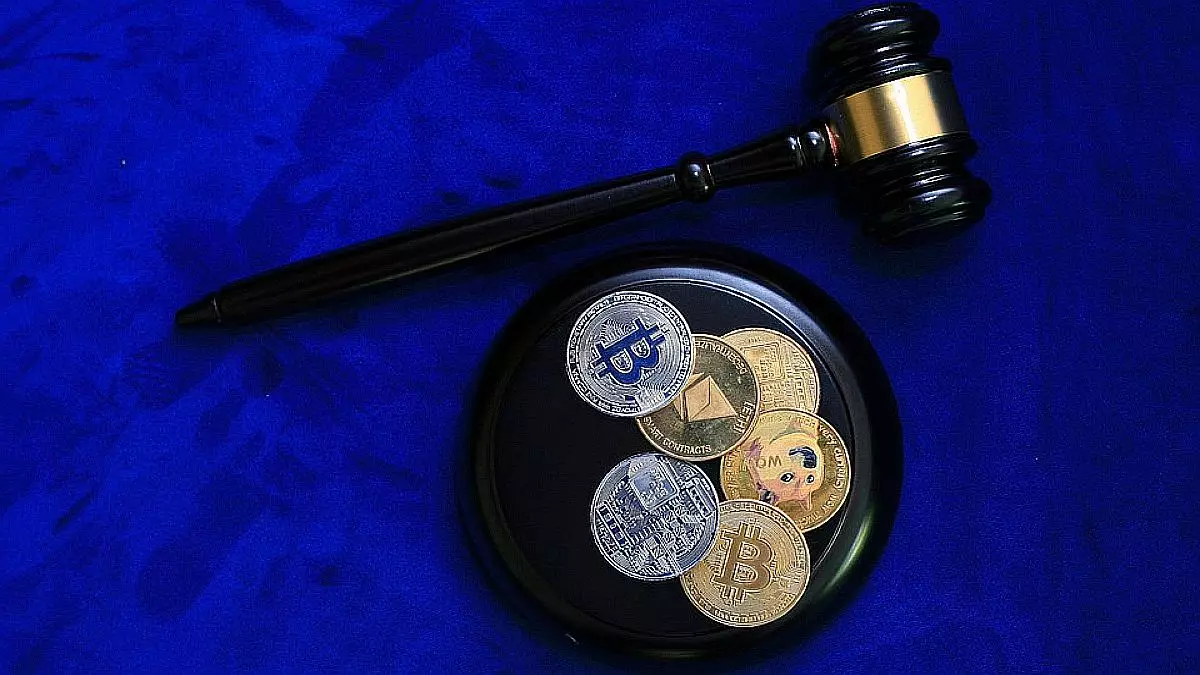The European Banking Authority (EBA) has recently reinforced its commitment to stringent oversight of the crypto industry, a sector characterized by rapid growth and inherent volatility. In light of these dynamics, the EBA has introduced two comprehensive sets of guidelines that aim to regulate the activities of Crypto-Asset Service Providers (CASPs) and Payment Service Providers (PSPs). This move signifies a notable escalation in regulatory scrutiny as regulators strive to safeguard consumer interests while navigating the complexities of an evolving digital financial landscape.
One of the cornerstone elements of the EBA’s directives is the emphasis on robust compliance monitoring mechanisms. The authority has mandated that payment service providers intensify their screening processes for entities seeking to operate within European jurisdictions. This rigorous vetting process seeks to ensure that only trustworthy firms are allowed to engage in crypto transactions, thereby minimizing the risk of consumer harm. Furthermore, virtual digital asset service providers (VASPs) are now required to undertake extensive due diligence, which includes a comprehensive risk assessment to identify potential vulnerabilities within their operations.
The EBA’s guidelines highlight the importance of proactive risk management strategies. According to their communications, the establishment of adequate due diligence procedures is essential for compliance with current legislation, underscoring the need for financial institutions to remain vigilant against breaches of the regulations. This proactive approach aims to foster a safer environment for users of crypto services.
The first set of EBA guidelines focuses on internal governance and operational policies that fintech firms should adopt. By providing a framework for these companies to align their governance structures, the EBA is promoting a culture of accountability and transparency within the crypto sector. Such measures are crucial in establishing trust among consumers whose financial assets are at stake.
The second set of guidelines provides detailed compliance procedures for processing crypto transactions. The directive stresses the necessity of conducting a restrictive measures exposure assessment. This assessment is intended to inform firms’ decisions regarding the necessary controls and measures they must implement to comply with regulatory mandates effectively. This layered approach to compliance is indicative of a recognition that the complexities of the crypto market necessitate sophisticated regulatory frameworks to protect consumers.
The global response to the burgeoning virtual digital asset space has been characterized by an evolving regulatory landscape, with the EBA’s latest directive aligning with a broader international trend toward stringent regulation. The EU’s initiatives, including the finalization of the Markets in Crypto-Assets (MiCA) regulations, mark a significant step in establishing comprehensive guidelines for the industry. These regulations delineate clear operational boundaries for Web3 businesses, contributing further to the landscape of consumer protection against the backdrop of cryptocurrency’s high volatility.
As the finalized guidelines become accessible in all official EU languages, their implementation will likely signal a new era of compliance for crypto firms seeking to operate within the EU. While the exact timeline for publication remains uncertain, the EBA’s assertive stance reflects a commitment to balance innovation in the digital economy with the imperative of protecting consumers from potential risks associated with cryptocurrencies. The effect of these regulations will be closely monitored, shaping both the future of the crypto industry in Europe and the global regulatory dialogue surrounding digital assets.


Leave a Reply